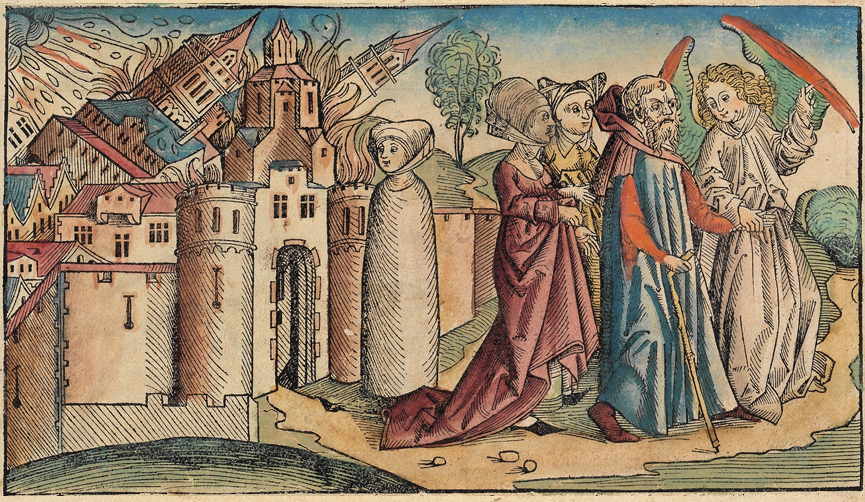|
LGBT History In Germany
This is a list of events in lesbian, gay, bisexual and transgender (LGBT) history in Germany. Ancient * 98 – Germanic tribes executing homosexuals and sinking them into swamps are reported by Tacitus. The remains of such corpses have been found in Denmark and Northern Germany. Some were strangled to death before being drowned, while others were drowned alive. * ca. 500 – As the Germanic tribes living south of Scandinavia convert to Christianity their views are confirmed by the Roman Catholic condemnation of homosexuality. However, rather than adopting church- inspired edicts, they maintain their own legal practices. Medieval and early modern periods *ca. 800 – Several laws against homosexual acts are put into effect in the Holy Roman Empire by the Frankish king Charlemagne. His son and successor Louis the Pious is especially homophobic, blaming Noah's flood on homosexuals and endorsing St. Paul's call for the death penalty. *1007 – The Decretum of Burchard of ... [...More Info...] [...Related Items...] OR: [Wikipedia] [Google] [Baidu] |
Germanic Tribes
The Germanic peoples were historical groups of people that once occupied Central Europe and Scandinavia during antiquity and into the early Middle Ages. Since the 19th century, they have traditionally been defined by the use of ancient and early medieval Germanic languages and are thus equated at least approximately with Germanic-speaking peoples, although different academic disciplines have their own definitions of what makes someone or something "Germanic". The Romans named the area belonging to North-Central Europe in which Germanic peoples lived ''Germania'', stretching East to West between the Vistula and Rhine rivers and north to south from Southern Scandinavia to the upper Danube. In discussions of the Roman period, the Germanic peoples are sometimes referred to as ''Germani'' or ancient Germans, although many scholars consider the second term problematic since it suggests identity with present-day Germans. The very concept of "Germanic peoples" has become the subject of ... [...More Info...] [...Related Items...] OR: [Wikipedia] [Google] [Baidu] |
German Town Law
The German town law (german: Deutsches Stadtrecht) or German municipal concerns (''Deutsches Städtewesen'') was a set of early town privileges based on the Magdeburg rights developed by Otto I. The Magdeburg Law became the inspiration for regional town charters not only in Germany, but also in Central and Eastern Europe who modified it during the Middle Ages. The German town law (based on Magdeburg rights) was used in the founding of many German cities, towns, and villages beginning in the 13th century. History As Germans began establishing towns throughout northern Europe as early as the 10th century, they often received town privileges granting them autonomy from local secular or religious rulers. Such privileges often included the right to self-governance, economic autonomy, criminal courts, and militia. Town laws were more or less entirely copied from neighboring towns, such as the Westphalian towns of Soest, Dortmund, Minden, and Münster. As Germans began settling eastwar ... [...More Info...] [...Related Items...] OR: [Wikipedia] [Google] [Baidu] |

